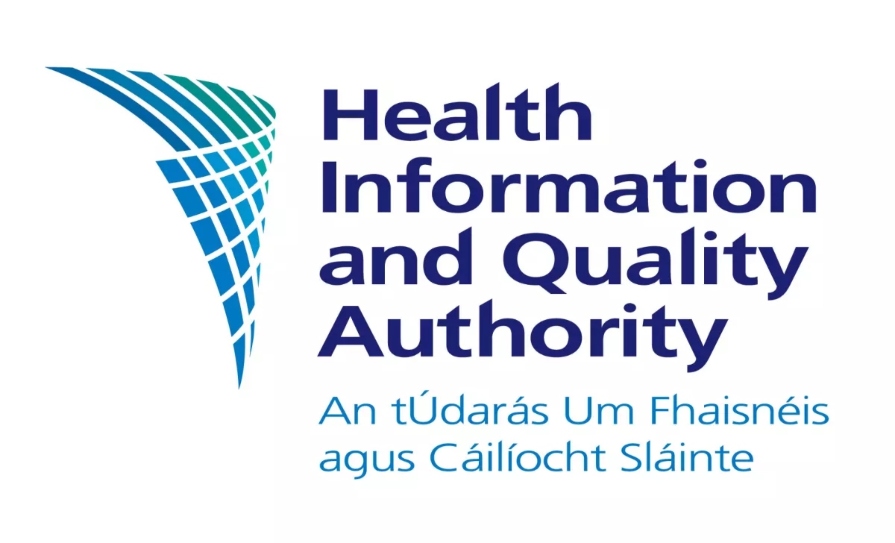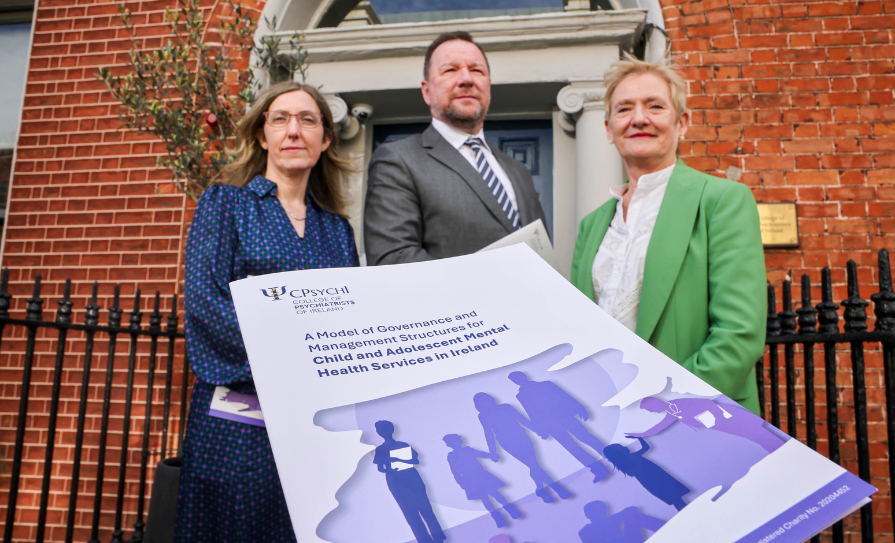The IHCA is calling for the next Programme for Government to include the implementation of high-level recommendations on healthcare litigation reform.
A Department of Health expert group, chaired by Prof Rhona Mahony, recently recommended various approaches and mechanisms, including the introduction of pre-action protocols, with sanctions for any party who fails to adhere to them.
As outlined in the report, the primary driver of the rising cost of claims is the cost of care in a relatively small number of very serious injury claims. Over 50 per cent of healthcare litigation costs come from 2 per cent of claims, mainly involving severe cases like perinatal brain injury and cerebral palsy.
Pre-action protocols have resulted in reduced legal costs in other jurisdictions. It is anticipated that their introduction in Ireland would have a similar effect and lead to swifter resolution of claims.
According to the IHCA: “Implementing these reforms will be crucial to accelerating the resolution times of claims, reducing the cost of litigation, and sparing patients and families from prolonged and stressful legal processes.”
Upon the publication of the report, consultants welcomed the Government’s commitment to establish a working group to ensure the recommendations were “implemented without delay”. The IHCA stated it looked forward to supporting the next Minister for Health in “delivering on this commitment”.
IHCA President Prof Gabrielle Colleran said: “One of the first priorities of the next government should be the swift introduction of pre-action protocols to curtail the surging costs of litigation and to provide speedier resolution of claims for patients.
“The present litigation system in Ireland is excessively adversarial, with clinical negligence claims often taking several years to resolve. This is just adding to the distress faced by patients, their families and healthcare professionals.
“The current protracted claims processes are not fit for purpose and are resulting in increased legal costs that are among the highest in the world.
“Importantly, such costs represent a significant drain on public funds and draw resources away from the provision of healthcare. By working together to implement these reforms, we can not only control rising costs but also ensure better outcomes for patients, healthcare professionals, and the public. The IHCA is eager to engage with the next government to make this vision a reality.”













Leave a Reply
You must be logged in to post a comment.